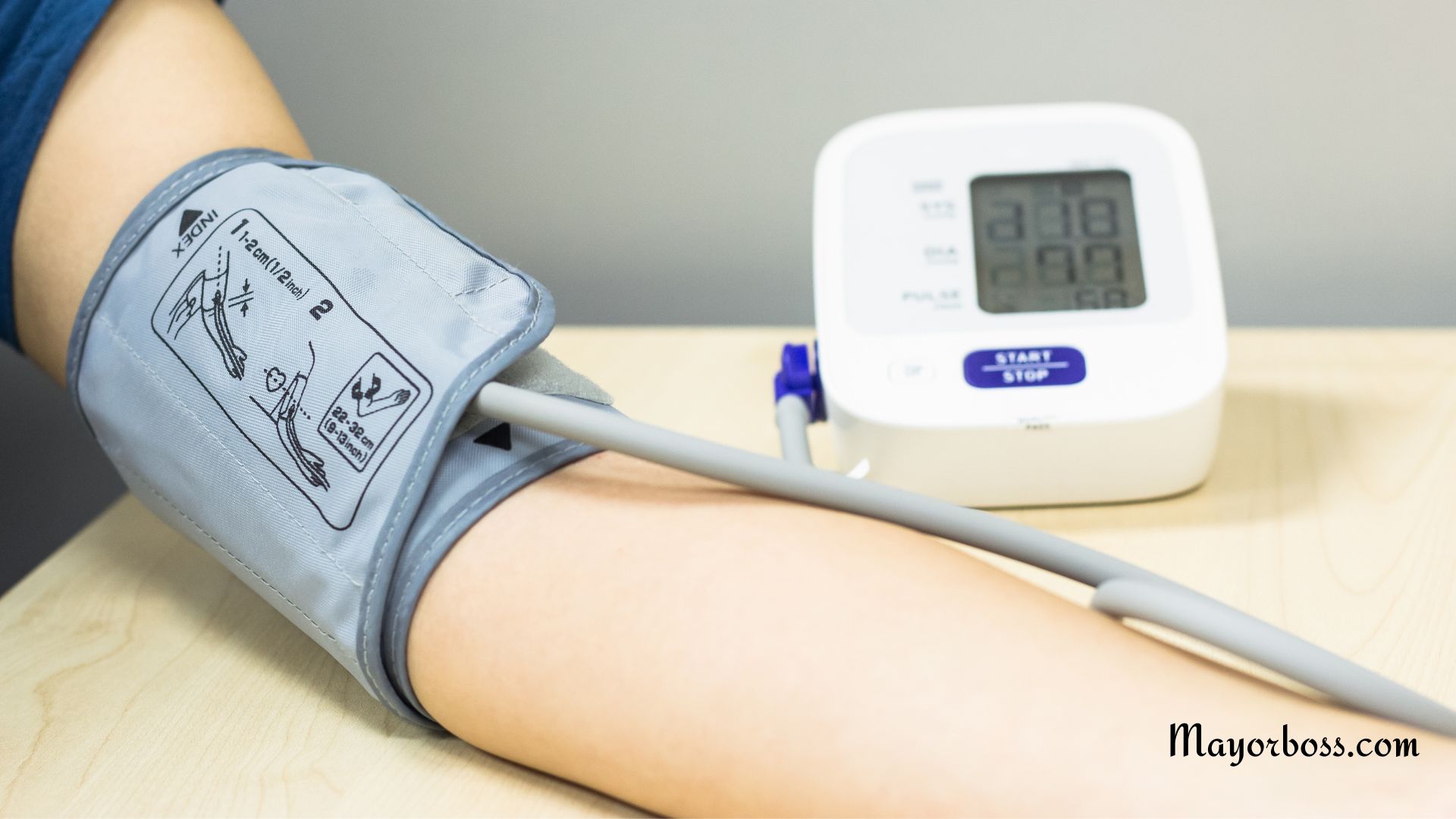What Does 120/70 Blood Pressure Mean?
Blood pressure readings, like 120/70, can seem like a mysterious code, but they’re actually straightforward once you understand what the numbers mean. So, let’s break it down.
Understanding Blood Pressure Readings

The Numbers Explained
- Systolic Pressure (The Top Number – 120): This is the first number in a blood pressure reading. It measures the pressure in your arteries when your heart beats. A systolic pressure of 120 means that when your heart contracts, it exerts a pressure of 120 millimeters of mercury (mmHg) against the walls of your arteries.
- Diastolic Pressure (The Bottom Number – 70): This is the second number. Basically, it measures the pressure in your arteries when your heart rests between beats. A diastolic pressure of 70 means that when your heart is at rest, there’s a pressure of 70 mmHg in your arteries.
Why These Numbers Matter
Blood pressure is like a snapshot of how hard your heart has to work to pump blood around your body. High or low readings can indicate health issues.
What Does a 120/70 Reading Mean for You?
A Healthy Blood Pressure
- Normal Range: Generally, a blood pressure reading of 120/70 is considered within the normal range. It suggests that your heart and arteries are working well together to circulate blood throughout your body.
- Heart Health Indicator: This reading indicates a healthy heart. Your heart isn’t straining too much to pump blood, and your arteries are maintaining a healthy tone and flexibility.
Factors That Influence Blood Pressure
- Lifestyle Choices: Your diet, exercise habits, stress levels, and even your sleep patterns can impact your blood pressure.
- Age: As you age, your blood pressure can change. Regular monitoring is key to maintaining heart health.
- Health Conditions: Certain conditions, like diabetes or high cholesterol, can affect blood pressure. If you have health concerns, it’s important to work closely with your doctor.
Maintaining a Healthy Blood Pressure
- Healthy Habits: Eating a balanced diet, exercising regularly, and managing stress are great ways to keep your blood pressure in check.
- Regular Monitoring: Even if your blood pressure is normal, it’s a good idea to monitor it regularly, especially if high blood pressure runs in your family.
- Consulting a Doctor: If you have concerns about your blood pressure, it’s always best to consult with a healthcare professional.
In conclusion, a 120/70 blood pressure reading is a great sign! It shows that your heart and arteries are functioning well. However, maintaining this healthy level involves a combination of good habits and regular monitoring. If you ever have concerns about your blood pressure, don’t hesitate to talk to a doctor. They can provide advice and support for your heart health.
